Cate Blanchett's home is currently caught up in a solar panel installation controversy
Is the Lord of the Ring star's eco-initiative justified?

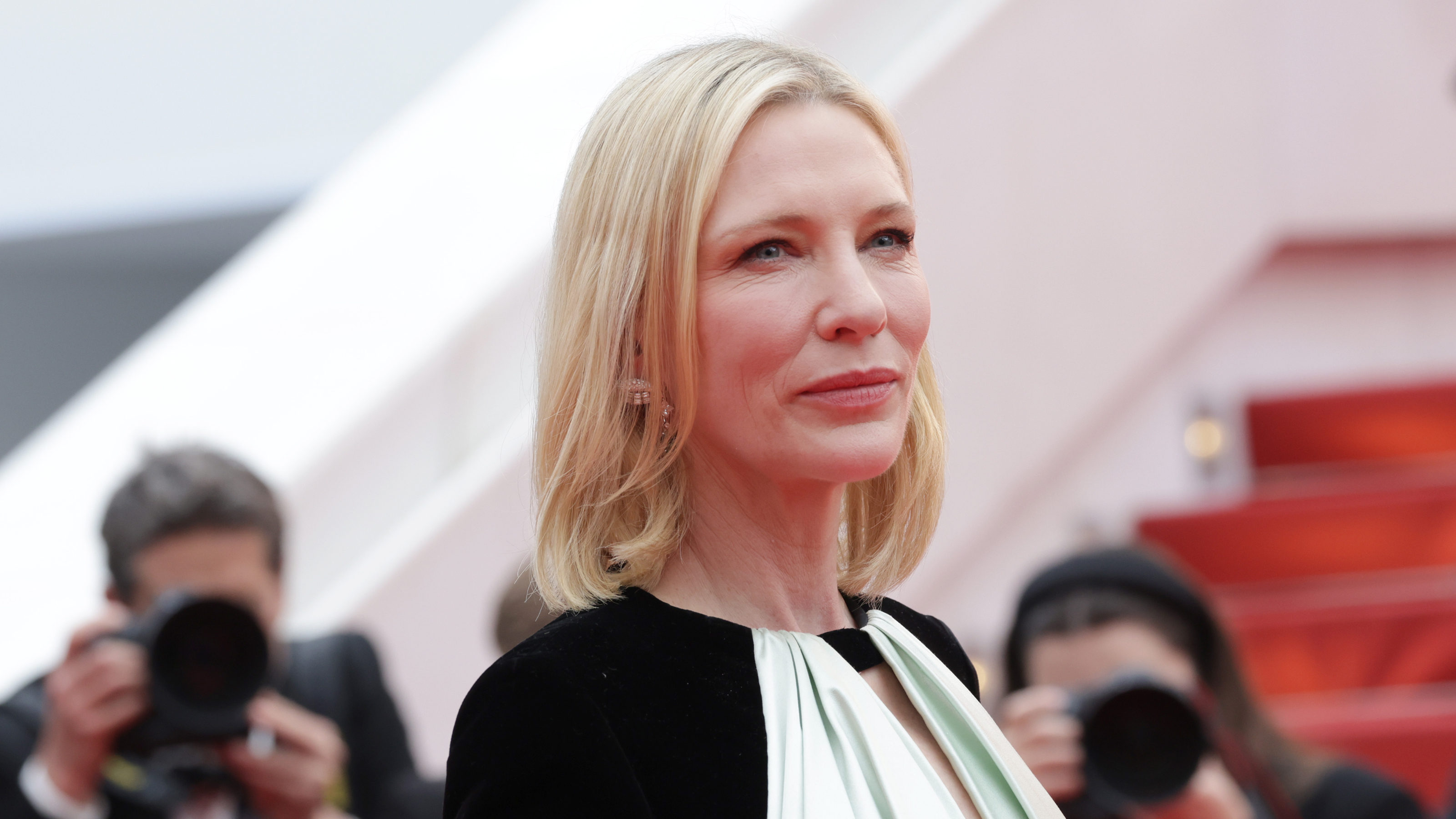
Sign up to our newsletter for style inspiration, real homes, project and garden advice and shopping know-how
You are now subscribed
Your newsletter sign-up was successful
Australian actress and Lord of the Rings star, Cate Blanchett, recently revealed her plans to install 90 solar panels on her Sussex estate, sparking debates over the justification of her green endeavours.
Despite our foreknowledge of solar panels reducing your home's carbon footprint and helping you save energy at home, Cate's project has faced controversy due to concerns that the installation would threaten surrounding wildlife and cause noise disturbance to neighbours.
Therefore, we've asked the experts the burning question: are these concerns justified? Here's what they had to say on the matter.
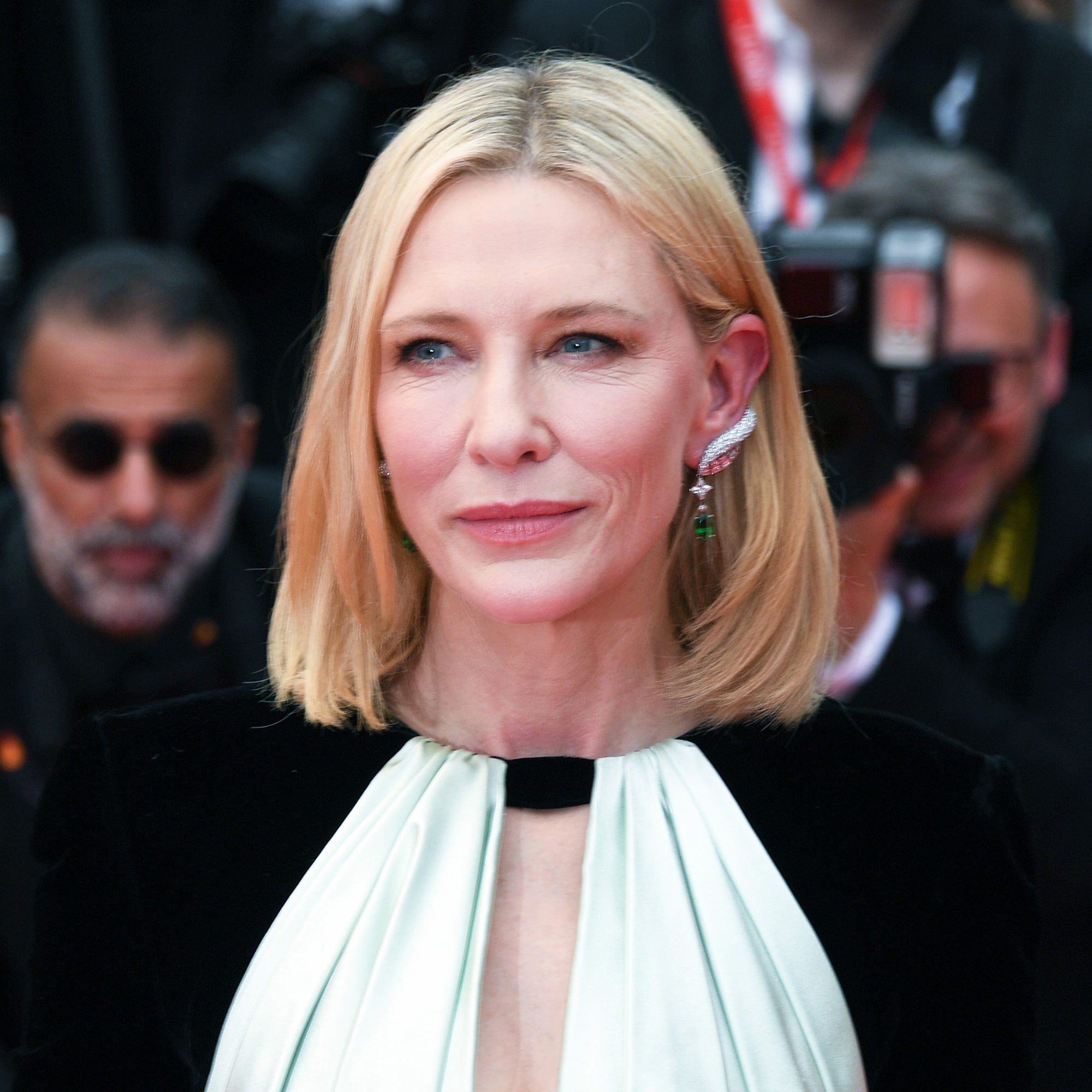
Cate Blanchett's solar panel installation controversy
Cate Blanchett and her partner initially sought planning permission to build solar panels on their £5m East Sussex mansion in January this year, and have since faced a handful of challenges in progressing with the project.
The first rejection was due to concerns that the installation would threaten local wildlife, such as the great crested newts inhabiting the area. Despite getting the go-ahead from a local newt officer after further assessment, their plans have yet again been halted due to concerns of projected noise pollution from the plant room towards neighbours.
Although this may often be seen as a disadvantage of solar panels, experts debunk this claim and explain just exactly where the noise pollution concerns stem from – as it's surprisingly not from the panels themselves.
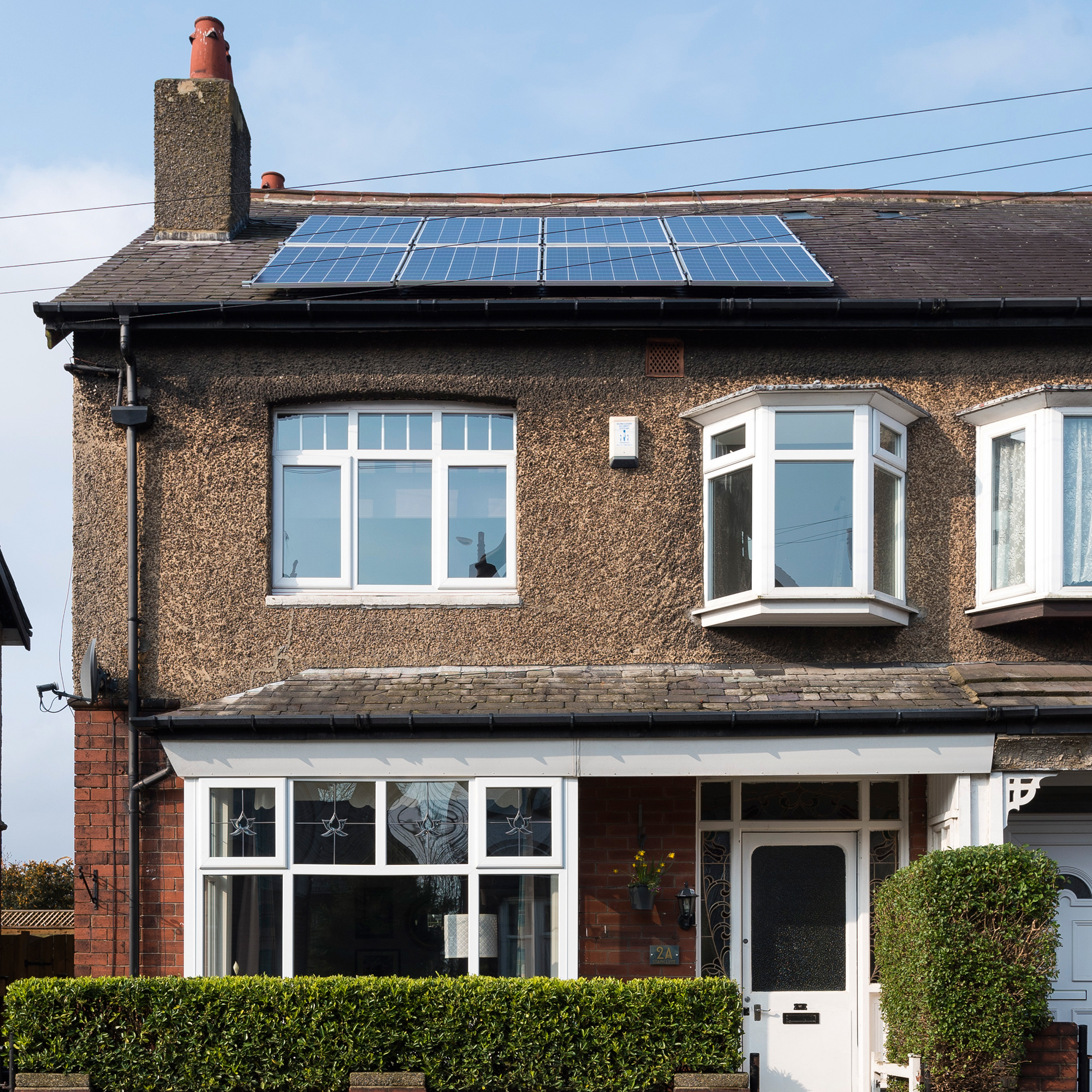
Is noise pollution an important issue to combat with solar panels?
Jina Kwon, UK general manager at Otovo explains, 'Solar panel adoption in the UK is growing very quickly, and now catching up with other European countries. It can therefore be natural to view solar as too good to be true, many can sometimes assume that installing solar must come at a price – such as noise pollution.'
Sign up to our newsletter for style inspiration, real homes, project and garden advice and shopping know-how
'Solar panel installation is of course the noisiest part of solar panel usage, as the building of the power source can require tool usage ranging from drills to heavy machinery depending on the scale of the installation,' explains Brian Davenport, co-founder of The Solar Centre.
However, he adds, 'But this noise can typically be kept to a minimum and is only temporary. Contractors usually aim to mitigate noise pollution by taking precautions when fitting panels and scheduling work during sensible hours to minimise disruption.'
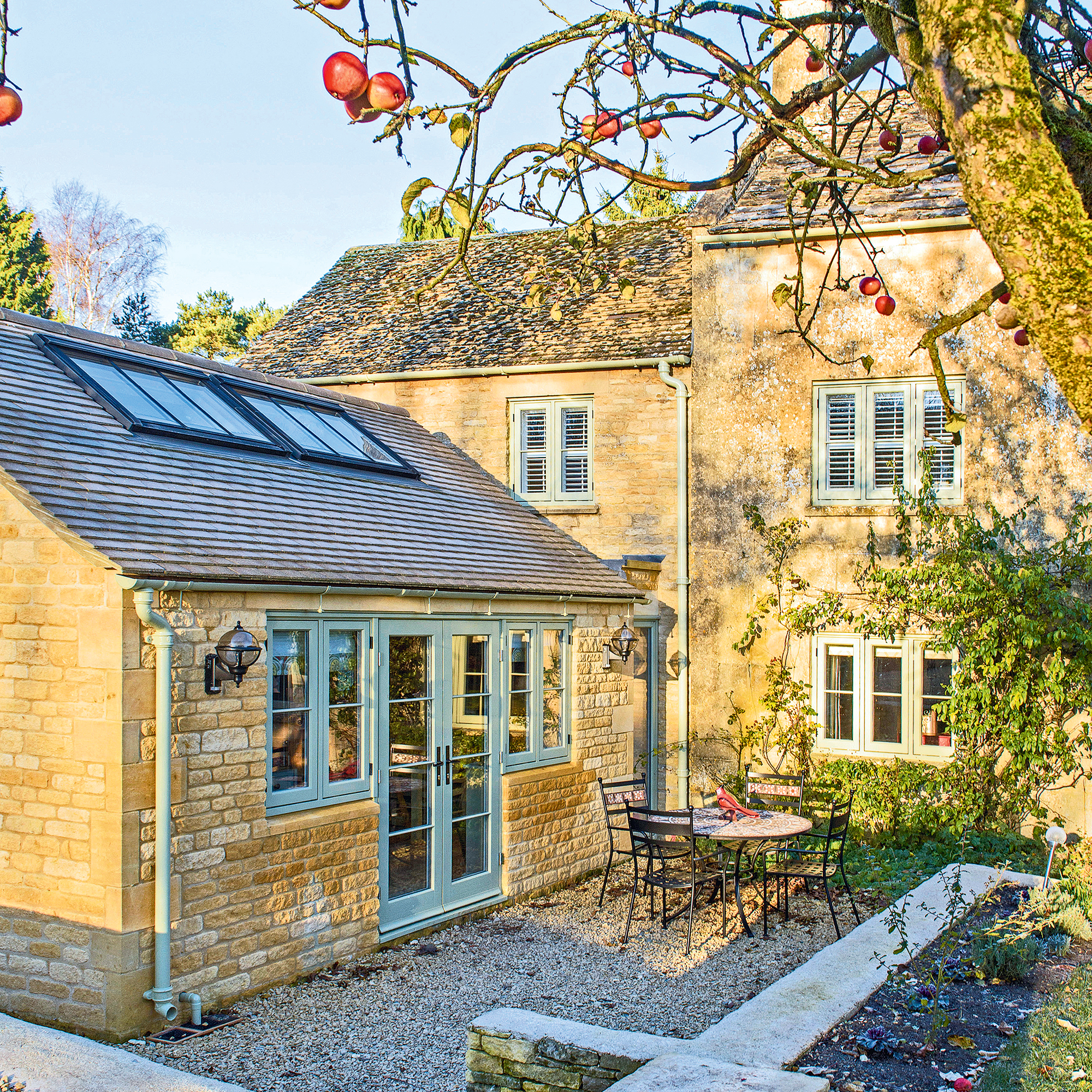
Rest assured, post-installation, there should be no concerns about noise pollution as the panels themselves are silent. Yep, you heard that right.
Jina Kwon at Otovo explains, 'The limited noise generated by a solar installation is not from the panels themselves, but rather the inverters, which are the brains of a solar system.'
'In particular, string inverters produce the most noise through the form of a hum, however, this is at an average of 45 decibels, the equivalent of a quiet conversation at almost a whisper,' assures Grant Findley at Findley Roofing.
'In fact, other forms of renewable power, such as air source heat pumps, are known for their constant whirring noise that provides a higher level of disruption than solar panels.'
Are solar panels still the most convenient form of renewable power?
While the entire body of a solar panel system might admittedly not be silent per se, Jina says, 'the hum of a computer or refrigerator is certainly not enough to detract from the positive benefits of solar – such as slashing annual energy bills by hundreds of pounds.'
'It is definitely something customers should be aware of, but even then this is something none of our customers have ever complained about in the UK.'
Of course, there is also the necessity to consider the cost of solar panels and assess how they would mesh with your own lifestyle. But, for the most part, they've been an investment worth making for many. Not to mention, there are also grants for solar panels available.
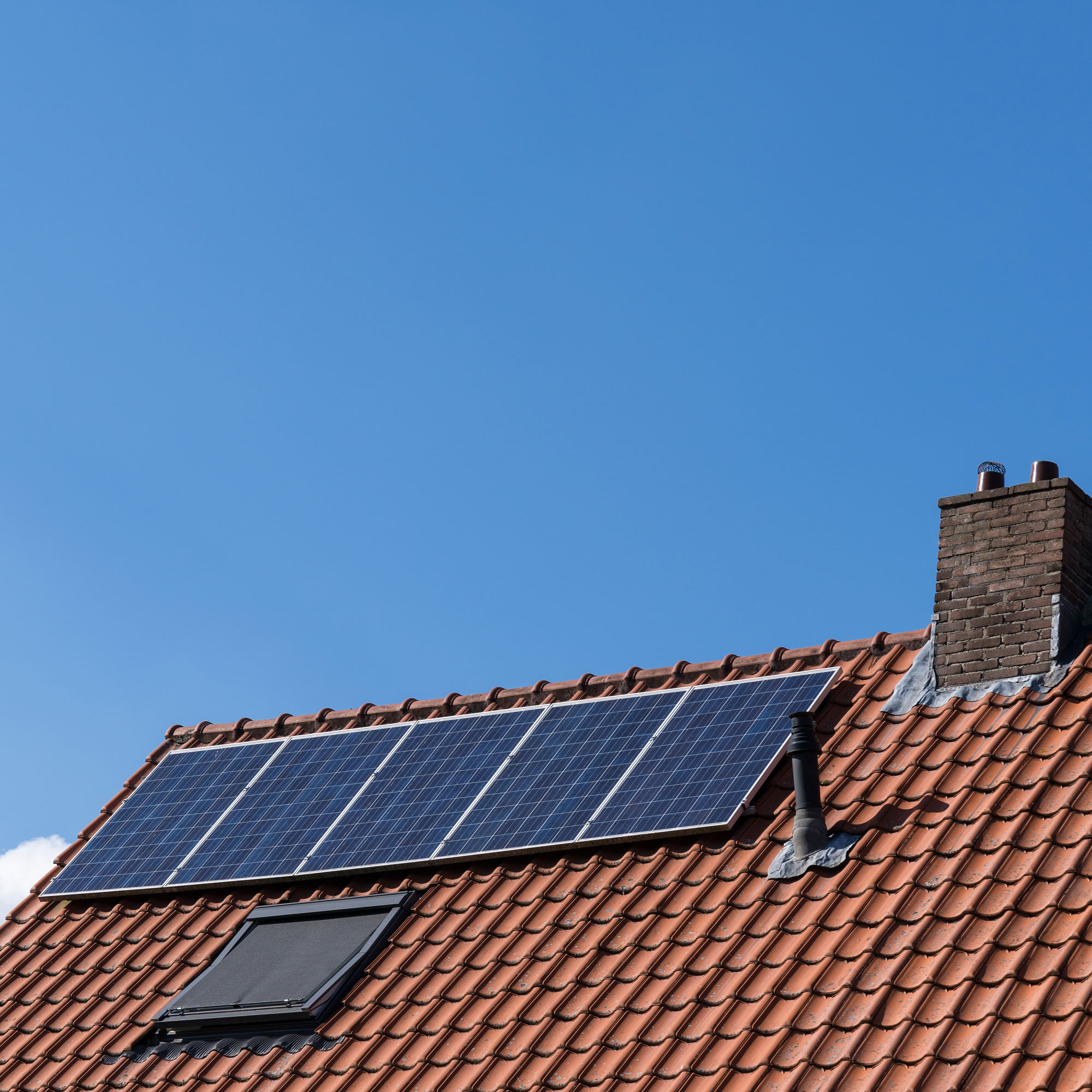
Not only that but compared to other forms of energy, solar knocks it out of the park with convenience with its efficient installation process and quiet operation.
'Their convenience is based on several factors, such as location, infrastructure, and demand. The time it takes to install panels depends on how many are being installed. Multiple panels can take just a few days to complete, so the installation of Blanchett’s proposed 90 should theoretically take just a few weeks,' says Brian Davenport at The Solar Centre.
'Disruption during the installation process is unique in Blanchett’s case, as most panel fittings do not need to consider habitat compensation. But for the most part, their quick and relatively quiet installation and adaptability make them convenient and versatile, regardless of scale.'

Jullia was Ideal Home’s Junior Writer from 2022-2024 and the Ideal Home Certified Expert in Training on Vacuums having spent over 60 hours testing different models. She’s always loved all things homes and interiors, graduating with a bachelor’s degree in Architectural Studies from the University of Nottingham where her love for writing blossomed following her internship at ArchDaily. Now focused on home tech and cleaning, Jullia works on writing features and explainers to help people make the most of their home appliance investments, putting the newest launches through their paces. When she isn’t writing, she loves exploring the city, coffee shop hopping, and losing hours to a cosy game or book.